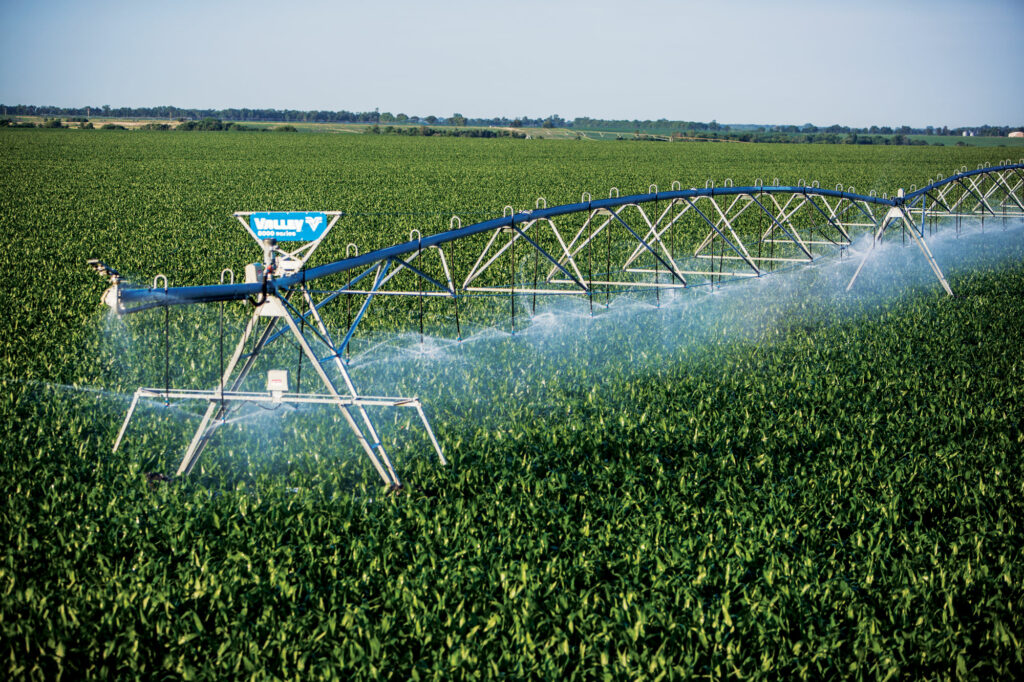Irrigation water management is an important part of sustainable agriculture. It is the practice of controlling and managing the use of water for agricultural purposes. Irrigation is a critical component of food production worldwide. By properly managing irrigation water, farmers can maximize the yield of their crops and ensure the health of the soil and the environment.
The first step in effective irrigation water management is assessing the available water resources and determining the best use of the water. This includes determining the quantity and quality of the water, how it is distributed, and how it is used. Irrigation provides a consistent source of water for plants, helps to keep soil healthy and prevent erosion, and keeps plants looking their best.

An irrigation system should be designed to apply the correct amount of water at the right times and in the right places. For example, water should be distributed evenly across the field so that all plants have equal access to the water.
There are several techniques that can be used to effectively manage irrigation water. Drip irrigation is a popular method that uses low-pressure, low-volume water delivery systems to provide water directly to the root zone of plants.
In addition to irrigation techniques, there are other steps that can be taken to ensure efficient water use. Proper crop rotation can help conserve soil moisture and reduce water demand. Soil moisture sensors can be used to monitor soil moisture levels, and soil amendments can be added to reduce water runoff.
